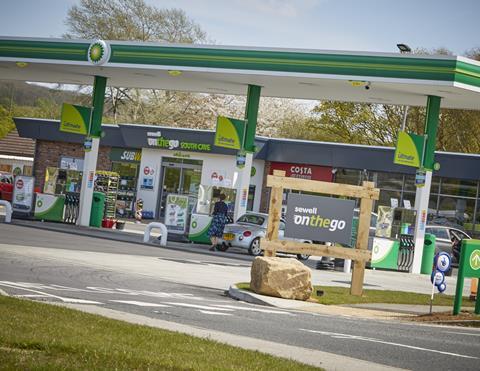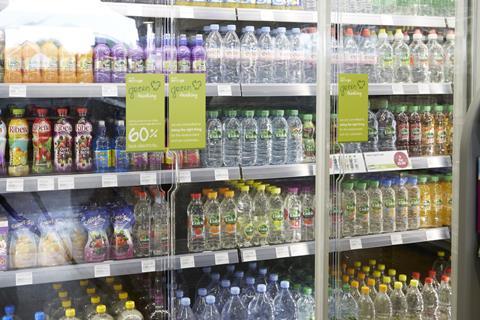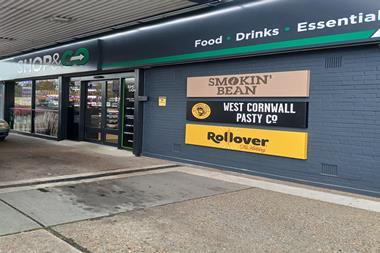
Top 50 Indie Sewell on the go has set itself an ambitious target of reducing energy costs by 10% across its 13 forecourts this year, primarily by changing the habits of its 230 retail staff.
The company, which operates forecourts in and around Hull, says it is working with its staff to encourage them to be more careful about how they use electricity. This includes keeping the temperature of its stores to 20 degrees; delaying turning on ovens and hot food cabinets until an hour before they are needed; keeping fridges for drinks that could be stored ambiently at no cooler than six degrees for soft drinks, and eight degrees for alcohol, so that cardboard packaging is not compromised; and considerig turning off lights when not using a back room.
Finance director Alex Mortimer says its workforce has embraced the energy challenge, which has taken on an element of friendly competition with weekly performance statistics showing how each site is faring pinned to staff noticeboards.
“We’ve done all the standard things to save on energy costs with LED lighting at all of our forecourt stores, solar panels and more efficient fridges, and so this is the next step,” says Alex.
“It is now about changing working habits. Staff can relate to the need to reduce energy consumption at work because of their experience of energy costs rising at home. It sounds corny, but by working together and staff being involved in making small changes we can and are making a big difference.”
The business took the decision to work more closely with its staff on reducing energy costs in 2022, faced with the prospect of already high bills increasing further with its electricity contract up for renewal in October 2023. And as a result, despite its new contract doubling in price last year, the company achieved a 10% reduction in usage.
As a result, closer monitoring of its sites has picked up issues which before went unchecked. For example, one night member of staff was found to turn on the ovens at 2am when they were not used until 6am. It was something they had always done unquestioned, but now they wait until 5am to save costs.
Last year the company also introduced a policy of replacing refrigeration older than 10 years with doored units, as well as carefully assessing the payback benefits of better energy rated refrigeration for storage off the shop floor.

Plans for this year include regular maintenance of existing refrigeration equipment, assessing whether older sites will benefit from automatic lighting back of store, and also to introduce thermostats that will alert head office if a store is running at unnecessarily high temperatures.
“The temperature of a store is a focus for us this year,” says Alex. “We aren’t being prescriptive on the temperature a store should be kept at, and we know that staff at a cashdesk with a draught coming in from a night hatch will need to be kept comfortable with heating at around 20 degrees. But in the past some stores have had their aircon on at 23 degrees. This is about keeping everyone comfortable but accountable too.”
The business is also looking at introducing more PV solar panels on canopies and also on land it hopes to purchase adjacent to its sites. Plans are in place for solar panels on its canopies at Sutton-on-Hull and Hull West this year, with an expected payback on this equipment of five years, says Alex.
Sewell on the go started to introduce solar panels at its forecourts over seven years ago, with its four locations with solar panels generating enough energy to power one of its 13 sites. Now Alex is interested in the potential of wind power. “I still think there is something in wind technology, and we have a couple of very windy sites. I think we will miss a trick if we don’t look into this,” she says
































